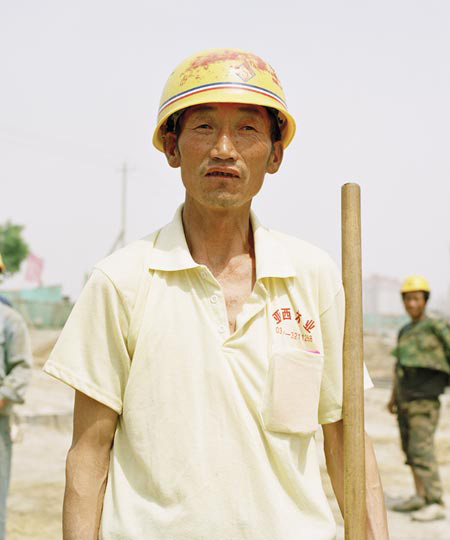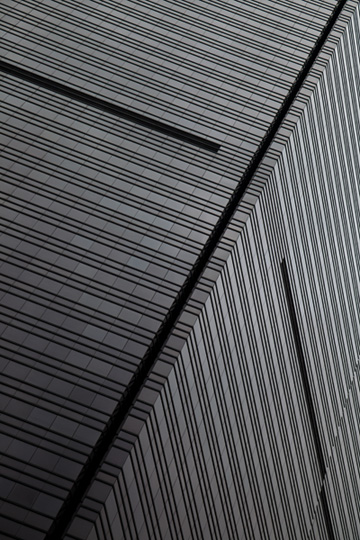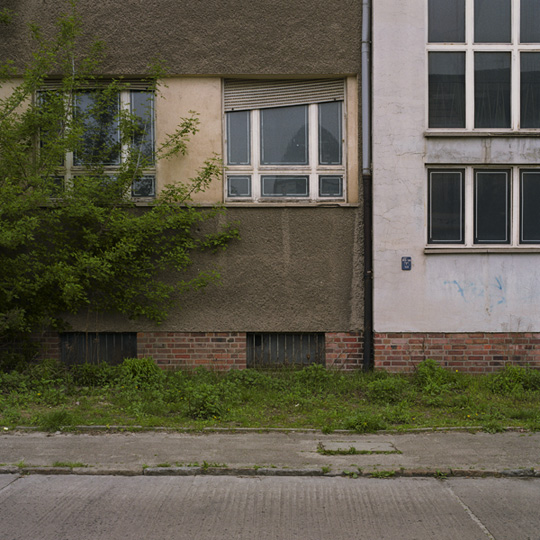Stasiland
Personal / 2005 / Berlin
Published in
Block / Tel Aviv
&
Ein Magazin ueber Orte / Berlin
The Ministry for State Security of the former GDR, or Ministerium fuer Staatssicherheit (MfS) in German, more commonly known as the Stasi, was the official security service of East Germany and widely feared as one of the most effective and repressive intelligence agencies in the world. At its demise in 1989, it had more than 91,000 employees, with an additional 174,000 unofficial informants, approximating around 2.5% of East Germany's population. Apart from its official headquarters, the Stasi owned thousands of buildings and apartments, in almost every street of all major cities of the GDR to sustain its unprecedented machinery of control and espionage. These buildings now blend seamlessly into the German landscape, partly deserted, partly used for residential, governmental or commercial purposes. Only few of them indicate the sinister history that took place behind their walls.
OTS
Freienwalder Strasse, Berlin Hohenschoenhausen
Employees: 1080
Laboratory for Criminal Technology
2 / 10




